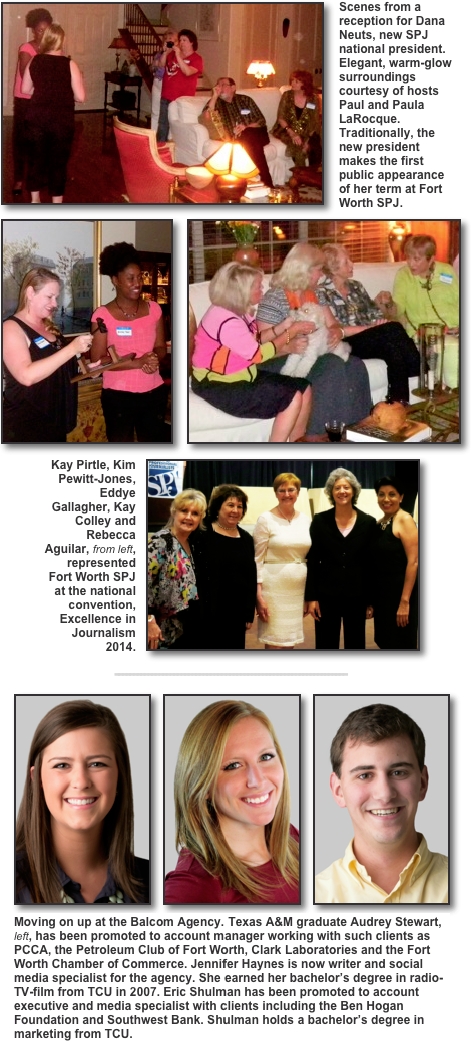
OCTOBER 2014



THIS MONTH IN PR/MARKETING HISTORY BY JEFF RODRIGUEZ
An irreverent look at the people and events that keep us up at night
Anchor’s Away
When a Network News Broadcast Went Dark, It Put a Harsh Light on Things
Always nice to find a journalist willing to stand up for what he says he
believes. Hey, not only stand up but walk away. That’s what happened Friday, Sept. 11, 1987, when CBS Evening News anchor Dan Rather walked off the set, causing the network to go black.
The top story that night was in Miami, where reporters were covering Pope John Paul II. The broadcast of the visit was scheduled to start at 6:30. But leading up to
the report was a U.S. Open tennis match being played in New York. Around 6 the
match was running long and might not end by 6:30.
According to some on the news staff, being told that sports might trump news
angered Rather. He later explained that instead of doing a shortened report, he
thought it better to delay the entire broadcast until 7. He reportedly shared
this with CBS News president Howard Stringer, suggesting that they fill any remaining time with other programming, like more
sports or perhaps a Cher infomercial. As it turned out, the match did not run as long as feared; the
broadcasters quickly wrapped up their coverage, and CBS was ready to switch to
the news just a couple of minutes past 6:30.
So what happened next? Depends on whose story you believe. Anonymous news
staffers said that when 6:30 arrived and tennis balls were still bouncing,
Rather stormed off the set and left the studio. Rather said he was down the
hall on a phone, talking with Stringer. Either way, at 6:32 the network of Walter Cronkite, Lucille Ball and one day “Big Brother” went black. Nothing was shown. While the minutes agonizingly passed, the show’s executive producer was outside, trying to convince Rather to come back. Or he
was down the hall, making Rather aware of the problem. He was somewhere, doing
something.
At 6:39 the CBS Evening News finally went on the air, with Rather at the helm
and the tennis players presumably in the locker room. The following day,
neither he nor Stringer would comment. Years later, Rather said in an interview
that the news team’s ratings were being watched closely, and he thought a complete, albeit delayed
broadcast would help the cause more than news lite. He also said some
colleagues told him the sports crew intentionally threw the broadcast back to
news, even knowing this would mean big-time screen darkness. “I really think it was one of those situations where everyone was trying to do
the right thing,” he said diplomatically, “and it just didn’t happen.”
Did Dan have a hissy fit, or were his actions justified? Did the sports crew
sabotage him? We may never know the full story of “Anchorgate” (or maybe it should be called “Gone, Baby, Gone”). Regardless, it was a major embarrassment for Rather and the Tiffany Network — and another reminder of how easy it is for a little pain in the side to become
a serious PR headache.











